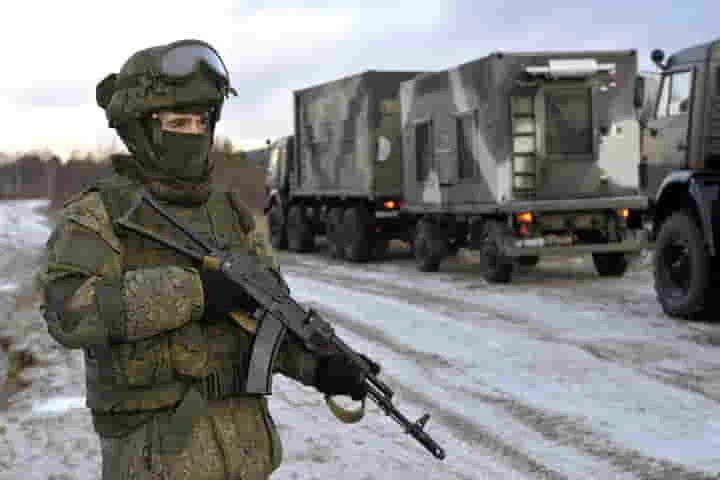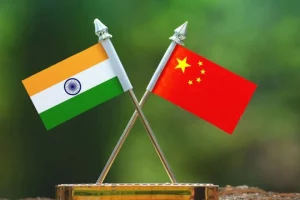The United States has knocked on China’s door, apparently testing the waters, over the situation in Ukraine after Russia recognised breakaway provinces of Donbass and Lugansk as independent states.
Instead of openly supporting Russia, its so-called strategic ally, China expressed “concern” over the volatile situation after US Secretary of State Antony Blinken reached out to his Chinese counterpart, Wang Yi.
Nevertheless, Wang said that the latest changes were connected to the failure to implement the 2015 Minsk Agreement, which provided a pathway for the peacefully reintegrating Donbass and Lugansk into Ukraine.
On Monday, Russia recognised the two provinces, which had proclaimed themselves independent after the 2014 western backed “revolution” in Ukraine dismantled an elected government in Kiev. Despite repeatedly seeking recognition as sovereign states, Moscow had declined the request. But on Monday, Russia declared that the two regions, which have sizable ethnic Russian populations, were independent sovereign Republics.
After the political recognition, President Putin ordered deployment of Russian troops to the territories as “peacekeepers”.
Wang said that the Chinese position on Ukraine remained consistent. “Legitimate security concerns of any country should be respected and the principles of the UN Charter should be upheld,” Wang said.
He called on all parties involved to “exercise restraint, recognize the importance of implementing the principle of indivisibility of security, ease the situation, and resolve differences through dialogue and negotiation.”
China’s guarded statement follows its significant links with Ukraine, despite its ties with Moscow. China’s first aircraft carrier, Liaoning was purchased from Ukraine, where it was called Varyag. China is known for its deep military-technical links with Kiev.
"They (the Chinese) don't want to get involved and they don't want to make a very strong statement, (that way) the US will not get angry and Russia (won't either)," said Alfred Wu, an associate professor with the Lee Kuan Yew School of Public Policy at National University of Singapore, as quoted by CNN.
Video:
Ukraine has reportedly also transferred several KH-55/AS-15 (NATO codenamed “Kent”) missiles to China. This was a significant technological acquisition for Beijing, according to the Diplomat magazine. The KH-55, which apparently has a range of up to 3,000 km and can carry conventional or nuclear warheads, is said to have significantly boosted China’s missile making capacity.
Also Read: Why India, and not China, would matter most in spurring Russia's Greater Eurasian Partnership




















